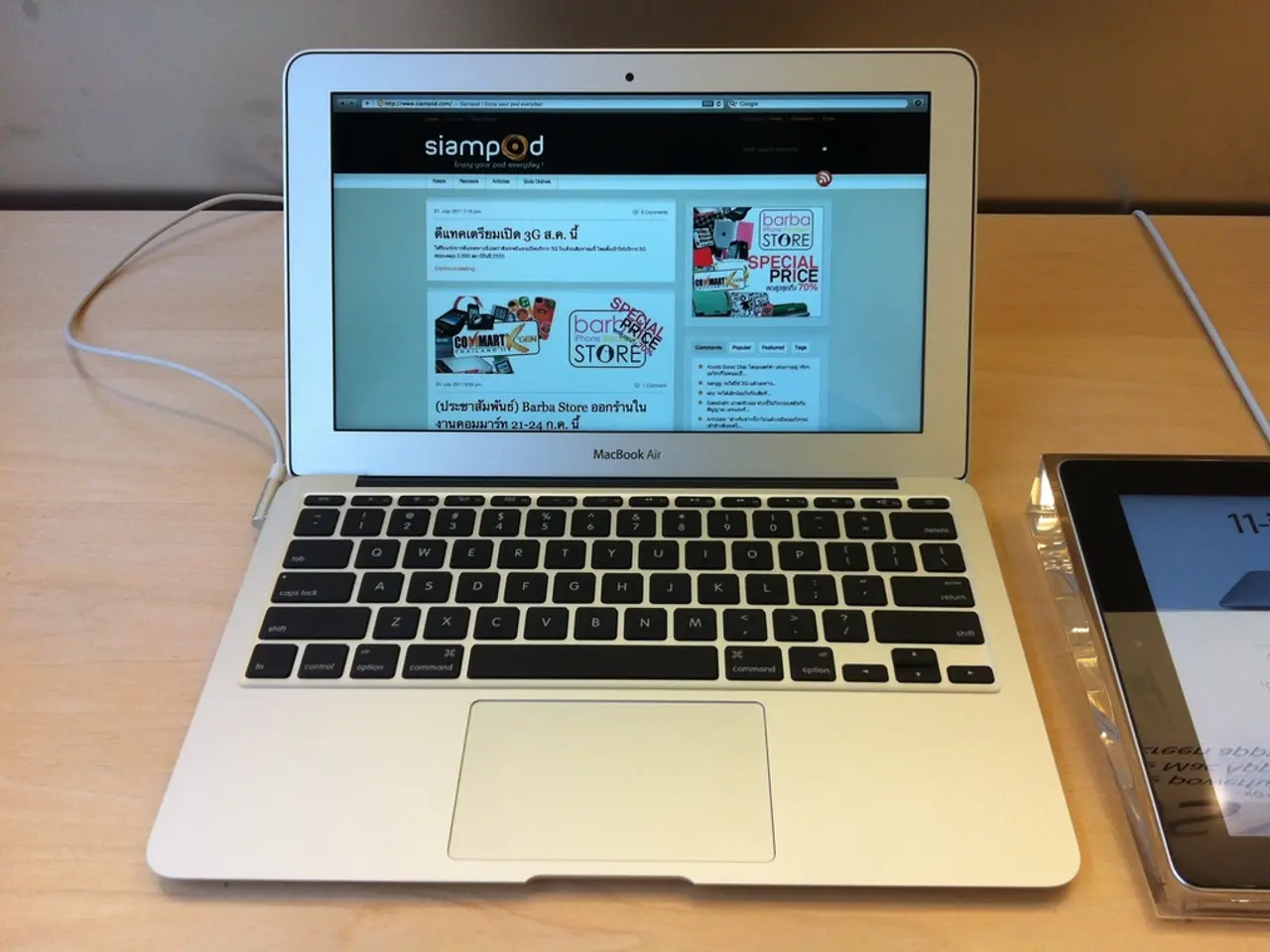Enhancements Introduced in Google Classroom: Artificial Intelligence, Accessibility, and a Host of New Features
In a significant stride towards inclusivity, Google has rolled out new accessibility features for Chromebook users as of 2023. One of the key enhancements is the introduction of head and face control capabilities, which allow users to interact with their Chromebook hands-free.
This innovative feature enables users to navigate, control, and interact with their Chromebook using head movements and facial gestures. This development is particularly beneficial for individuals with mobility impairments, providing them with a more accessible and user-friendly experience.
These accessibility features are an integral part of Chrome OS's built-in accessibility tools, extending the ease of use to Google Classroom and other applications. With head and face control, users can now engage with Google Classroom assignments, feedback, and navigation without traditional input devices like a mouse or keyboard.
Although specific details about the direct integration of head and face control with Google Classroom in 2023 are limited, Chrome OS’s improved accessibility functions supporting these controls facilitate better access to Google Classroom’s functionalities for students with disabilities. This head and face control aligns with Chrome OS's ongoing accessibility goals rather than a standalone 2023 Classroom-exclusive feature.
In addition to these head and face control features, Google Education customers aged 18 and over will have access to NotebookLM Plus, an advanced version of Google's AI tool. This Chromebook update utilizes AI technology through a series of machine learning models trained to recognize a 3D mesh of 478 facial points.
NotebookLM Plus offers a range of educational benefits, including generating summaries, lesson plans, study guides, discussion questions, and quizzes, with in-line citations for accuracy. It can also create a custom podcast featuring AI-generated personalities summarizing a PDF educators upload.
Moreover, Google Classroom now allows educators to share a classwork page with parents, keeping them informed about assignments for their child's class or classes. Parents will also have access to a weekly email summary of the student's work in the class.
As the head and face control feature for Chromebooks rolls out with the ChromeOS M132 update, it could be particularly beneficial for people who are not able to type or navigate a mouse with their hands. This update marks a significant step forward in making technology more accessible for all users.
- The head and face control feature for Chromebooks, rolled out with the ChromeOS M132 update, enables students to navigate Google Classroom assignments and feedback without traditional input devices.
- Google Education customers aged 18 and over will have access to NotebookLM Plus, an AI tool that generates educational resources like summaries, study guides, and custom podcasts.
- The introduction of head and face control capabilities in Chromebooks supports personalized learning by providing a user-friendly experience for students with mobility impairments.
- As a part of the ongoing accessibility goals, the new accessibility features for Chromebooks extend the ease of use to Google Classroom and other applications, thereby promoting inclusivity in education-and-self-development.
- With Google Classroom now allowing teachers to share a classwork page with parents, it fosters effective communication and collaboration between parents, teachers, and students in the learning process.




